Pope Leo XIV Releases Dilexi te, renews Church’s call to love the poor
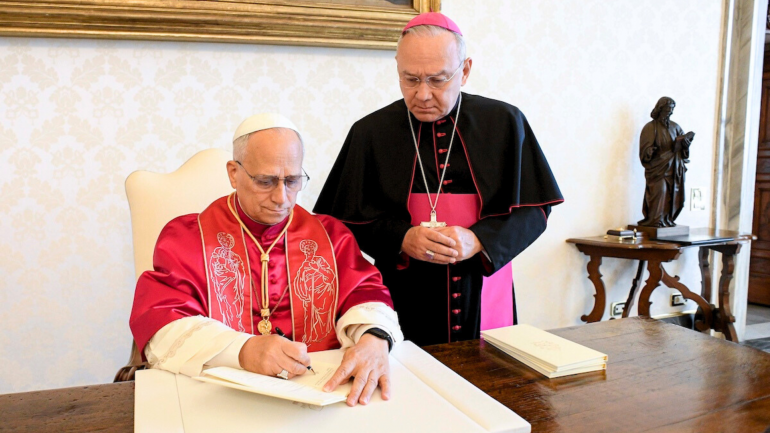
Pope Leo XIV has released his Apostolic Exhortation Dilexi te (“I Have Loved You”), a profound call to the Church to renew its love for the poor as a central expression of Christian faith.
The document was presented during a press conference at the Holy See Press Office on 9 October 2025, by Cardinal Michael Czerny, S.J., Cardinal Konrad Krajewski, Fr. Frédéric-Marie Le Méhauté, and Sr. Clémence.
Highlighting the Gospel imperative to recognize the face of Christ in the poor, the exhortation urges believers to respond with authentic love, solidarity, and justice.
“For Christians, love for the poor is not just a sociological concern but the very essence of Christ’s mission, indeed, it is the same love of Christ,” the text affirms.
A Call to Structural Conversion, Fraternal Welcome, and Seeing the Poor as Protagonists
During the presentation, speakers offered strong theological and pastoral reflections on the Church’s mission toward the poor.
Cardinal Michael Czerny, S.J., emphasized that poverty is not only a social issue but “a theological place of encounter with God.”
He described “the face of the poor as an epiphany of the Kingdom of God” and called for the conversion of unjust structures rather than a reliance on individual acts of charity alone. Education, Eucharist, and service, he said, are key paths for promoting human dignity and peace.
Cardinal Konrad Krajewski reflected on the pastoral dimension of mercy, urging parishes and Church institutions to go beyond material assistance and create genuine “places of welcome” where the poor are treated as brothers and sisters. “Our hands must carry not only bread but dignity,” he said.
Fr. Frédéric-Marie Le Méhauté connected Dilexi te with the Franciscan tradition, reminding the Church that the poor are not merely recipients of aid but protagonists with their own wisdom, capable of renewing both society and faith. He urged a shift in perspective, to see the poor as collaborators in the Church’s mission.
Sr. Clémence offered a moving testimony drawn from her years living among Roma women in Italy, describing how their resilience and faith became her “spiritual teachers.” She echoed the Pope’s call to see the poor as a “sacramental presence” of Christ and to build “a new civilization where the poor are welcomed as brothers and sisters.”
The Asian Context: Living “Dilexi te” Amid Poverty and Resilience
The message of Dilexi te resonates powerfully in Asia, where millions continue to face poverty, displacement, and inequality. Across the Philippines, India, and Southeast Asia, the Church has long walked alongside the poor through education, health care, social programs, and grassroots evangelization.
Asian Churches embody many of the themes highlighted in the exhortation: the poor as evangelizers, solidarity in vulnerability, and the unique wisdom found at the margins.
In many dioceses, Basic Ecclesial Communities, Caritas initiatives, and religious congregations live this message daily, often as first responders during crises, natural disasters, and conflicts.
“Reality is better seen from the margins, and the poor are given a particular intelligence indispensable to the Church and humanity,” the exhortation declares.
A Call to Conversion “With the Poor”
Released in the context of the Jubilee Year 2025, Dilexi te invites the universal Church to rediscover the heart of the Gospel through closeness to the poor. In Asia, where vibrant faith often flourishes in humble settings, the exhortation affirms a path already being lived: a Church that is poor, for the poor, and with the poor.
“Each person in difficulty should be able to hear individually: ‘I have loved you.’ This is the promise and our compass,” Pope Leo XIV concludes.
(Kasmir Nema, an SVD missionary based in the Vatican, contributes regularly to RVA and other Catholic platforms and magazines.)
Radio Veritas Asia (RVA), a media platform of the Catholic Church, aims to share Christ. RVA started in 1969 as a continental Catholic radio station to serve Asian countries in their respective local language, thus earning the tag “the Voice of Asian Christianity.” Responding to the emerging context, RVA embraced media platforms to connect with the global Asian audience via its 21 language websites and various social media platforms.





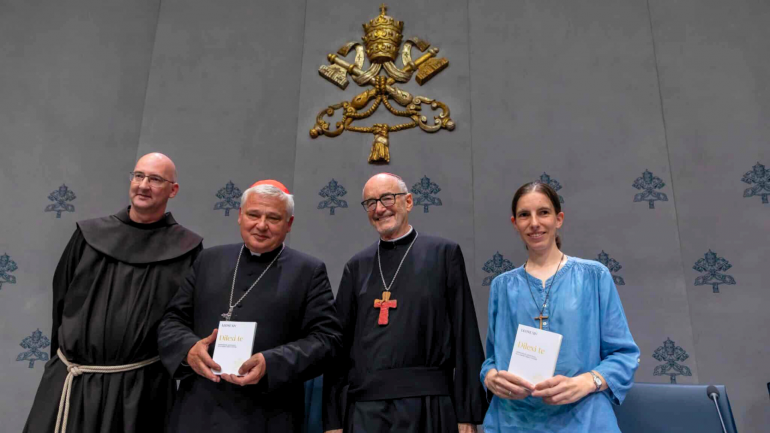
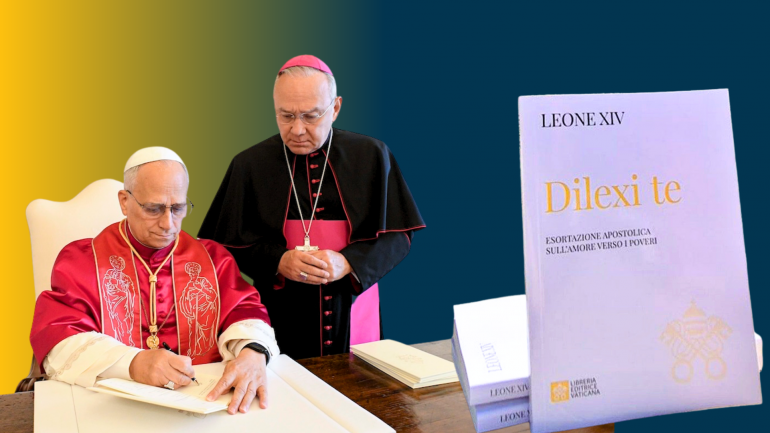







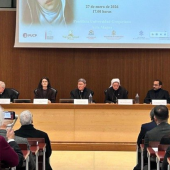
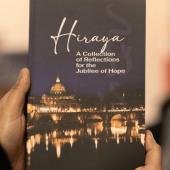

- Reply
Permalink